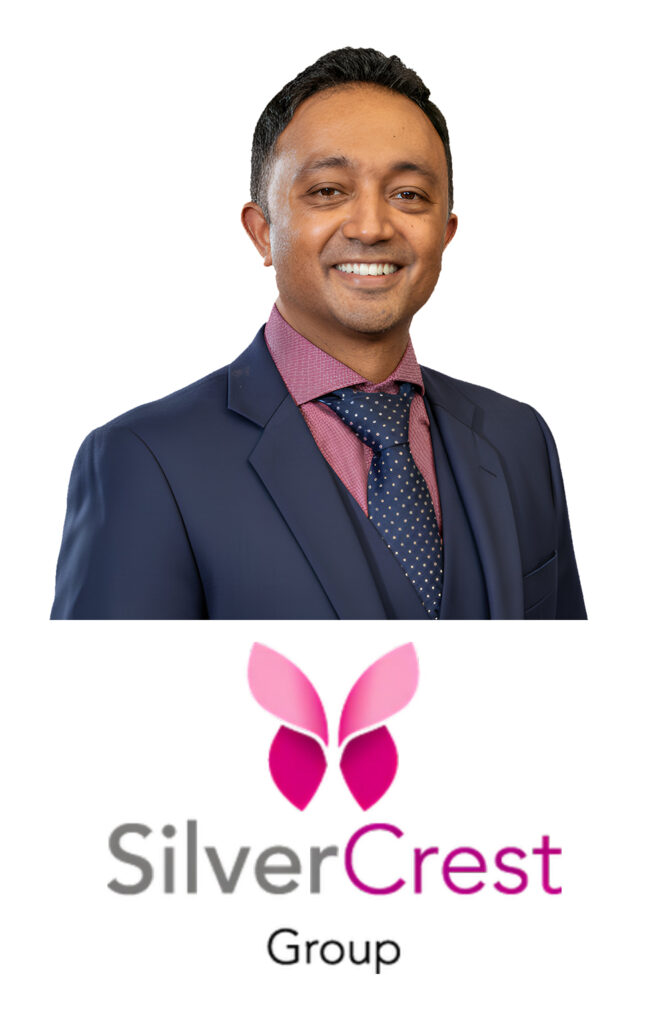 In this episode of the Care CEO Success Stories podcast, host Adam James of Springup PR talks with Dr. Bikram Choudary, Managing Director of Silvercrest Care Homes, who operate five care homes across South Wales.
In this episode of the Care CEO Success Stories podcast, host Adam James of Springup PR talks with Dr. Bikram Choudary, Managing Director of Silvercrest Care Homes, who operate five care homes across South Wales.
His journey into the care sector is rooted in his family, as his parents established the first purpose-built care home in the Rhondda Valleys, which remains part of the Silvercrest group today.
While his family built the foundation, Dr. Choudary forged a career as a GP with a specialist interest in cardiology, having studied medicine and trained in cardiac surgery before returning to South Wales.
He initially took over the running of the first home, navigating a steep learning curve and admitting to “plenty of mistakes” in the process.
His hands-on experience quickly led to a period of rapid expansion for the group.
Between 2016 and 2018, Dr. Choudary grew the company from a single home to five, including taking on distressed homes that required turnarounds.
This quick expansion and the increasing demands of managing a five-home group, combined with his ongoing commitment as a full-time GP, made it clear a new operational model was necessary.
Recognizing he was “quite time limited,” Dr. Choudary made the strategic decision to centralise Silvercrest’s operations, moving from a system of reliance on home managers and outside support to building a dedicated, in-house head office structure.
In this episode, Bikram shares what he learned through this process including:
- The Origins of Silvercrest Care Homes, and how Dr. Choudary’s parents built the first home.
- The doctor-CEO balancing act and how Dr. Choudary juggles his career as a full-time GP and his role as CEO of five care homes.
- Rapid expansion in care, the “steep learning curve” and mistakes made when growing from 1 to 5 care homes in a short space of time.
- The key drivers for centralising operations to “improve oversight and clinical governance,”
- How he built his central support team—starting with an operations director and a finance lead—to now a staff of 8 or 9 people.
- An honest look at the risks of promotion from within, where you “can promote to failure” and potentially lose a good staff member.
- How bringing services like HR, maintenance, and compliance in-house led to “efficiency savings” and the successful, cost-effective refit of a whole kitchen.
- An “eye opening experience” about a poor operations director, stressing that “you won’t know until you ask the question” of staff lower down in the organisation.
- Why Dr. Choudary became quicker to act on performance issues, recognising that “if someone’s blaming someone else, that’s a… red flag.”
- Why the ethos in your home and culture is driven from the top. “If you’re saying this person’s a problem, you’ve got to take responsibility as manager for that problem.”
- Why blaming external factors is “not helpful” because you are “disempowering yourself to make any changes.”
- Why “you can’t get good compliance and good quality care unless you got consistency of management.”
- The recruitment process, and why “they can answer the questions, but they can’t actually do the job.”
- When an operator should consider central support, suggesting that for someone with another role, “about three homes I would have thought would be a time.”
- The crucial lesson from an earlier manager struggle when Dr. Choudary “wasn’t quick enough to act at that time,” but when he did, “things changed around quite quickly.”